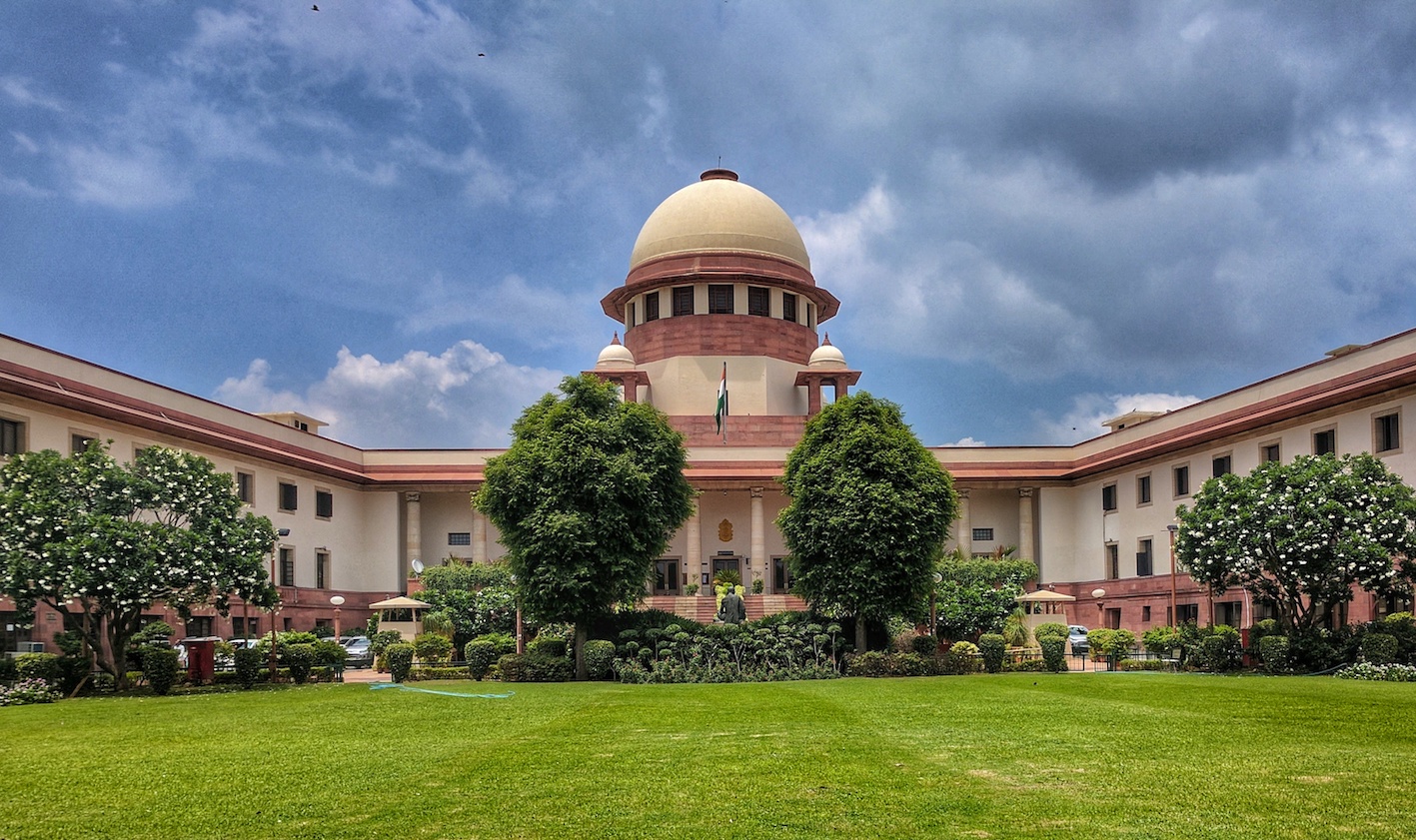Section 21(5) of SRA, 1963 makes it clear that no compensation will be awarded under this Section unless the plaintiff has claimed such compensation in his plaint: Delhi HC
The explanation of section 21 of Specific Relief Act, 1963 states that because the contract has become incapable of specific performance, it does not preclude the Court from exercising the jurisdiction conferred by this Section. This judgment was delivered by single bench comprising hon’ble Justice Rajiv Shakdher at Delhi High Court in the matter of Shri Vijay Israni v. Shri Salim Lalvani [CS (OS) – 1995 OF 2008].
The ATS concerns offer of half unified offer in a developed property situated at A-1/149, Safdarjung Enclave, New Delhi 110029 [hereafter alluded to as “suit property”] by Mr. Lalvani for Mr. Israni. The absolute thought which Mr. Israni was needed to pay Mr. Lalvani under the ATS was Rs. 4 crores. The ATS records that out of the all-out thought of Rs. 4 crores, Rs. 5,00,000 was paid by Mr. Israni to Mr. Lalvani at the hour of its execution. Besides, regarding Clause 2.1 of the ATS, inside 60 days of its execution, two concurrent advances hosted to be taken by the gatherings. Consequently, while Mr. Lalvani was needed to execute a General Power of Attorney [GPA] and uncommon intensity of lawyer [SPA] for Mr. Israni, the last for example Mr. Israni was needed to transmit Rs. 3,18,91,000/ – as “clear assets” to the predetermined ledger of Mr. Lalvani.
The matter was taken up for hearing on 30.07.2020 on account of an application [i.e., I.A. No. 6053/2020] moved on behalf of Mr. Israni by Mr. Pragyan Sharma, Advocate. Although there was an affidavit of Mr. Israni dated 20.07.2020 on record, on that date, Mr. Pragyan Sharma sought time to file an affidavit in terms of order dated 09.07.2020 by 31.07.2020. The matter was directed to be listed on 04.08.2020. In the interregnum, Mr. Israni filed an affidavit dated 31.07.2020. On 04.08.2020, initially, there was no appearance on behalf of Mr. Israni.
The Hon’ble HC while deciding upon this case stated that in the facts of the instant case, as noticed above, Mr. Israni, at no stage, sought amendment of the plaint; he had only claimed the relief of specific performance. That right was available to Mr. Israni, which, for whatever reason, he chose not to exercise. Mr. Israni abandoned his relief for specific performance once he was unable to deposit Rs. 14,50,00,000/- with the Registry of this Court. Clearly, if the amendment for compensation/damages was sought, the parameters would have to be stricter. However, at this stage, it is only in the realm of speculation as to how one would have approached the matter, if such a plea was raised Therefore, in my opinion, the submission advanced on behalf of Mr. Israni that he should be paid compensation/damages in the facts of the instant case is misconceived and is, consequently, rejected. In any event, any relief for compensation/damages would require evidence for quantification, if nothing else. There is, concededly, no such evidence on the record as Mr. Israni prosecuted the case on one single plank which was to claim the relief for specific performance. Given the foregoing, I find no merit in the case. The suit is, accordingly, dismissed. Costs will follow the result in the suit.




